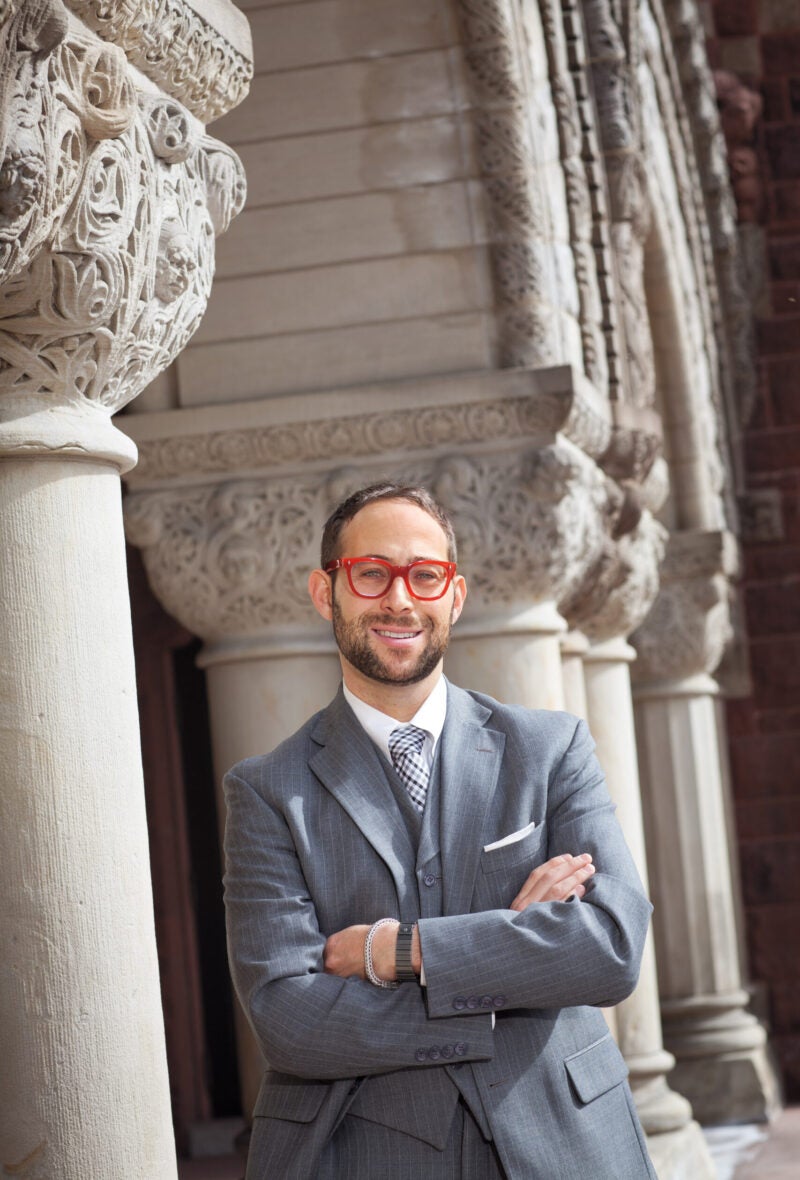Harvard Law School Professor I. Glenn Cohen ’03 and Gideon A. Schor ’89 recently filed an amicus brief on behalf of Dr. Eric S. Lander in a pending Supreme Court case that will address whether human genes are patentable.
The case, Association for Molecular Pathology v. Myriad Genetics, No. 12-398, which will be argued on April 15, 2013, hinges on a scientific question, whether DNA fragments from a human chromosome are (1) products of Nature or (2) at least similar enough to products of Nature that they should not be considered “markedly different.” Diamond v. Chakrabarty, 447 U.S. 303, 310 (1980).
Cohen and Schor argue that because chromosomes are constantly and naturally broken into DNA fragments and these DNA fragments are ubiquitous in the human body and cover the entire human genome, they are indeed a naturally occurring part of nature and cannot be patented.
“A patent on a product of Nature would authorize the patent holder to exclude everyone from observing, characterizing or analyzing, by any means whatsoever, the product of Nature.”
You can read a full copy of the brief here . Cohen’s blog post on the brief is available here.
Cohen is the co-director of Harvard Law School’s Petrie-Flom Center for Health Law Policy, Biotechnology, and Bioethics, and a leading expert on the intersection of biotechnology and the law, as well as health law. Lander is a leading genomics researcher, and is president and founding director of the Broad Institute of Harvard and MIT. Schor is a partner at Wilson Sonsini Goodrich & Rosati, in New York City, where his practice focuses on securities and commercial litigation, appeals, compliance matters, white collar crime, and internal investigations.
